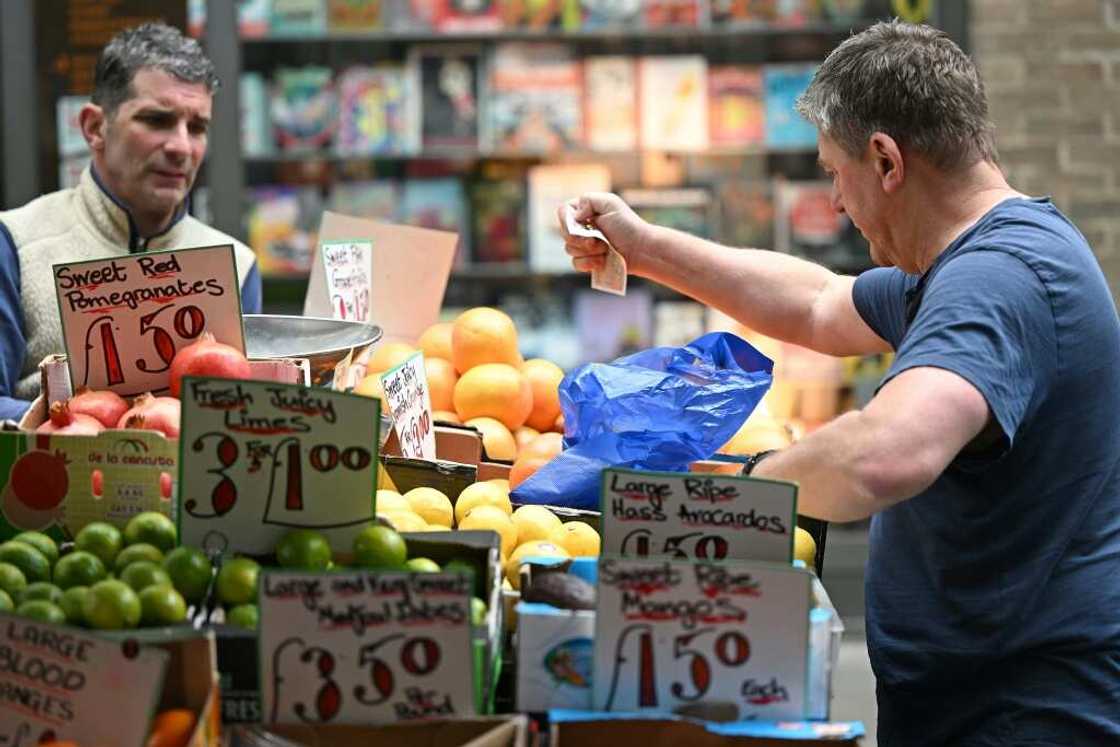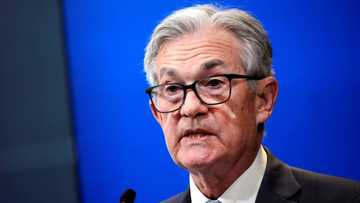Brexit ramps up UK food bills by £6 bn: study

Source: AFP
PAY ATTENTION: How media literate are you? Click to take a quiz – bust fake news with Legit.ng!
Britain's exit from the European Union added almost £6 billion to consumers' food bills, hitting the poor the hardest and further stoking red-hot inflation, a study said Thursday.
Brexit increased household food bills by an average £210 in the two years to the end of 2021, according to findings from the London School of Economics.
Food prices were pushed higher by the rising cost of extra checks and requirements on EU imports, the LSE noted in the report.
The LSE judged that Brexit started ramping up food bills from late 2019 onwards, as firms anticipated higher costs and adjusted prices accordingly.
Products increased in price by six percent over the two-year period, it added.
The hike disproportionately hit the poor because those on low incomes spend a greater share of their pay on food than richer people.
PAY ATTENTION: Сheck out news that is picked exactly for YOU ➡️ find the “Recommended for you” block on the home page and enjoy!
"In leaving the EU, the UK swapped a deep trade relationship with few impediments to trade for one where a wide range of checks, forms and steps are required before goods can cross the border," said Bristol University professor and study co-author Richard Davies.
"Firms faced higher costs and passed most of these onto consumers."
Britain has been gripped by a worsening cost-of-living crisis this year as inflation surged to multi-decade peaks, sparking a wave of strikes across the economy as pay fails to keep pace.
Consumer prices have also been propelled by rocketing energy bills after key producer Russia's invasion of Ukraine, and by rebounding demand as the Covid pandemic recedes.
"The UK inflation rate rose above 11 percent in 2022, the highest rate in 40 years," added Davies.
"Many factors, affecting both supply and demand for goods and services, are involved.
"One factor in this high inflation has been the rise in non-tariff barriers for trade with the EU."
Britain withdrew from the European single market and customs union at the start of 2021, after voting narrowly in favour in a 2016 referendum.
However, London then clinched a post-Brexit Trade and Cooperation Agreement with Brussels which maintained largely tariff-free trade with the EU's remaining 27 members.
Yet companies still faced a sharp increase in costs, red tape and border delays.
Source: AFP




